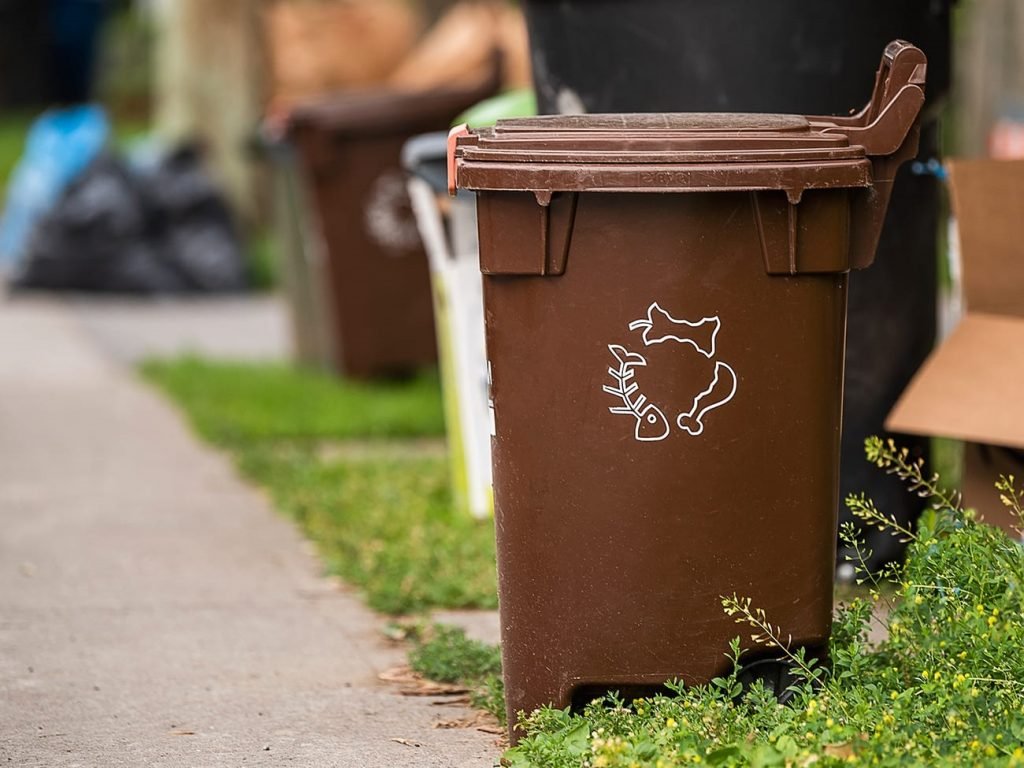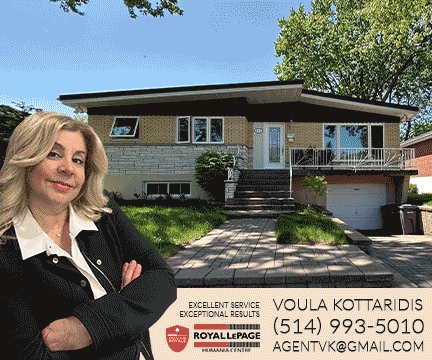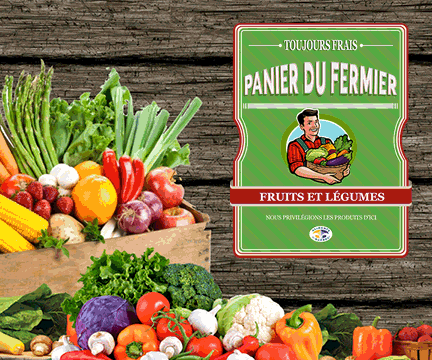
For many residents in Park-Extension as in other areas of Montreal, the brown bins for compostable garbage are a mystery. In many cases they are used for storage, gardening equipment etc.
However, organic materials make up about 50% of the contents of the garbage bin in Montreal. By using the compost bin for your food scraps, you give them a second life. Here is a cheat sheet to know what to deposit there.
The materials accepted are in general raw and cooked foods and green waste like, fruits and vegetables, meat and poultry with or without bones, fish and bones, seafood and shellfish, cereal products such as dough, bread, cake, rice Eggs and shells, solid dairy products (cheese, butter and yogurt), residues of tea, herbal tea or coffee with sachets or paper filters Nuts and shells cookies, confectionery and desserts, animal food, spices and herbs, legumes and vegetable proteins as well as Green waste (leaves, grass, yard waste, small branches)
The following materials should not be deposited in the brown bins
• Plastic bags =
• Dishes and plastic containers, compostable or not
• Polystyrene and plastic films
• Liquids (soup, milk, juice, coffee, etc.)
• Diapers and sanitary products
• Clothing and fabrics
• Cork, wax, hot ashes, cigarette butts
• Chewing gum
• Litter and animal excrement
• Recyclable materials (paper, packaging and clean cardboard containers, plastic, metal and glass)
• Construction and renovation materials (earth, rock, sand, wood, ceramics, porcelain)
• Hazardous household waste (batteries, paints, non-vegetable oils and fats)
• Drugs and biomedical waste
Food waste bins are the city’s property. Each bin is linked to an address. When you move, don’t take your bin with you, leave it for the next occupant. If you do not find a brown bin at your new home, there are two possible explanations: You live in a building with nine or more dwellings that does not have the food waste or organic waste collection or your bin was lost or stolen in which case you are advised to call 311.









